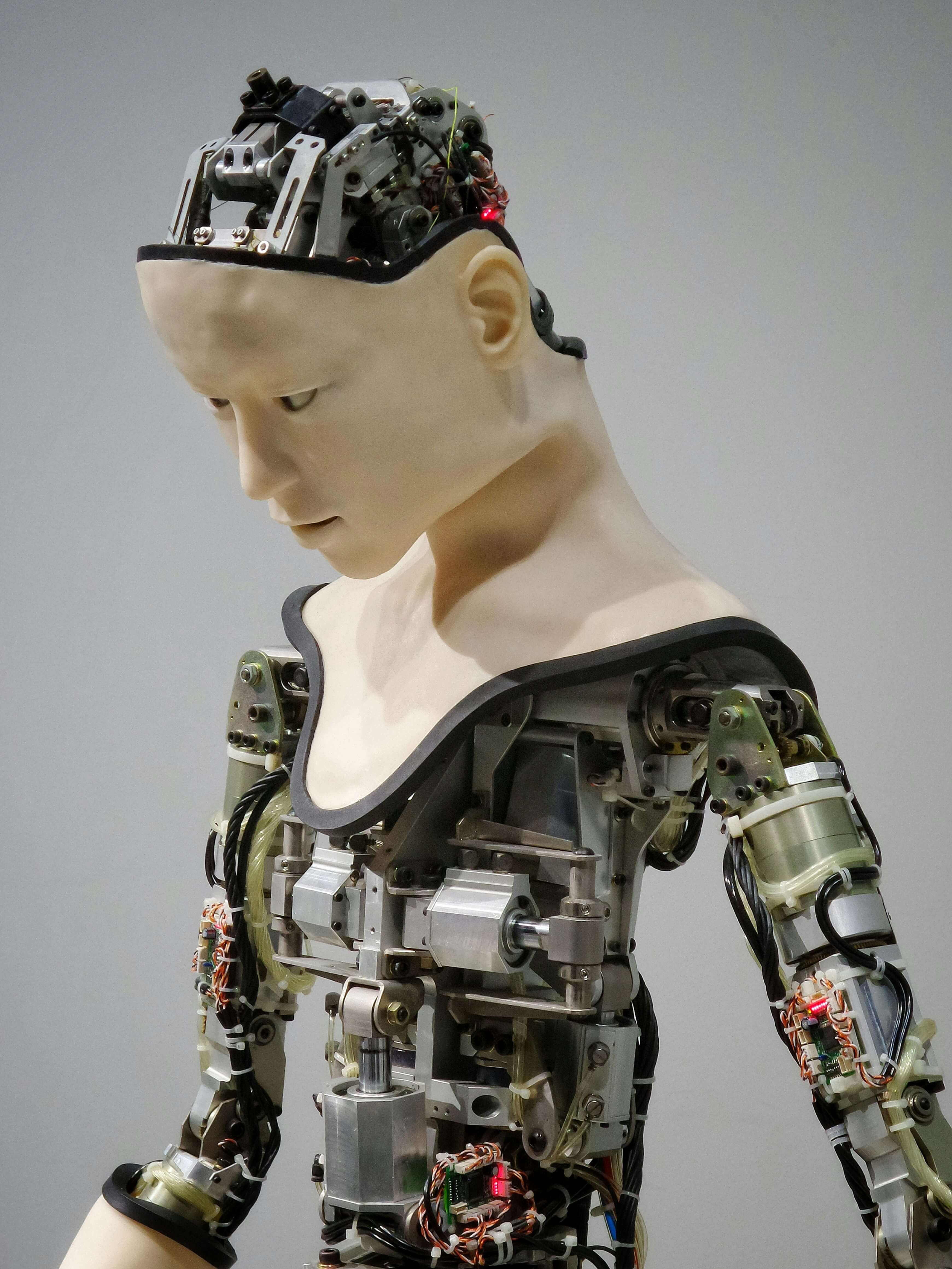It’s been a debate for centuries: Are science and faith compatible? Can Christianity be supported by science, or does believing one require ignoring the other?
Consider this headline in a major newspaper in 2015: “‘Faith vs. Fact:’ Why religion and science are mutually incompatible.” The ensuing article outlined the disjunct between science and Christianity and argued that the methods by which science and religion seek to understand the world are opposed to each other.
Do you agree?
Nothing I lay out in this article will convince you God exists if you’ve already decided to believe he doesn’t exist.
I could end this conversation right now by pointing out the human tendency to believe what we set out to believe, even in the face of indisputable evidence. Nothing I lay out in this article—no straight-up facts or complicated scientific models—will convince you God exists and that the creation of the universe is his own doing if you’ve already decided to believe he doesn’t exist.
Faith runs soul-deep.
But if you’re truly ready to see why the 2015 article may have gotten it wrong—why science and Christianity not only coexist but also support each other—read on!
Hi, I’m Lauren Thell, author of Christian YA fiction and blogger for teens who are ready to exceed the world’s expectations.
In This Article
Science and Faith Defined
The modern word science comes from the Latin word scientia which means knowledge. Modern science is defined as knowledge acquired through observation and experiment.
In the New Testament, faith was one of the terms most often used to translate the Greek noun pistis which, among other things, means confidence. Merriam-Webster defines faith as the “firm belief in something for which there is no proof.”
Knowledge and confidence. Incompatible? Hardly. Complete knowledge of ourselves and our world also requires an understanding of things that cannot be observed or experimented with.
Some things cannot be explained by science alone. And that’s where faith comes in.
The Greatest Scientific Challenge of All Time: Consciousness
We live in an era of advanced robotics. Case in point: Ekso GT is a battery-powered robotics suit that allows spinal cord injury patients to walk again. AIBO is a “socially compatible” robotic dog that develops a personality based on interactions with its owners and environment. And Actroid-SIT is a “humanoid robot” complete with skin, human sounds and functions, and the ability to make eye contact with whomever it’s interacting with.
Cool, or creepy? I’ll let you be the judge.
What’s missing from these robots? Consciousness, the state of being aware of one’s surroundings, feelings, thoughts, memories, and sensations. I don’t know of anyone who’s ready to trade in her real-life best friend for an Actroid-SIT, which will always be limited by what it’s programmed to do.
Scientists and robotics experts are still unable to recreate—or even explain—the complex issue of consciousness. How is it possible that consciousness can emerge from a gray blob the consistency of soggy marshmallows, also known as the brain?
Consciousness is arguably the greatest scientific challenge of all time.

Only Faith Can Explain Consciousness
Consciousness is not a problem for those with faith, however.
“The Lord God formed a man from the dust of the ground and breathed into his nostrils the breath of life, and the man became a living being.”
Genesis 2:7
This act of breathing into life is more than just the giving of air to lungs, but the giving of a soul to a body. It was an amazing act, one that can’t be explained through scientific observation and experimentation.
Only Faith Can Explain Meaning
Something else that separates humans from robots—and the rest of the animal world for that matter—is the need for meaning.
Science alone cannot answer why humans are exclusive in their desire for meaning. But the Bible can.
Humans have a deep need for purpose and meaning. People have been known to leave successful, high-powered careers in search of something more meaningful. High school or college graduates sometimes take a year to travel the world in search of… something. Antidepressant use is on the rise, partly due to the struggle to find meaning in life.
When was the last time you saw a dog on antidepressants because he thought life felt meaningless? Or a goldfish commit suicde because it couldn’t take another day of swimming in meaningless circles?
Science alone cannot answer why humans are exclusive in their desire for meaning. But the Bible can.
He has made everything beautiful in its time. He has also set eternity in the human heart; yet no one can fathom what God has done from beginning to end.
Ecclesiastes 3:11
And then there’s Genesis 1:27:
“God created mankind in his own image.”
God doesn’t say the same of cats and birds and mosquitos. He made us to be like him, to desire eternity. This, too, is amazing—and explained only through faith.
Are Science And Faith Compatible? Yes—They’re Created By the Same Maker
Science helps explain life processes and the physics of our world, but it doesn’t have the final answer as to how or why we exist.
God is not limited by what science can explain.
That’s where faith comes in. God is not limited by what science can explain. Remember that the next time you face arguments that seem to pit your faith against science. God wants you to know him and the world he created.
Science and Christianity are not only compatible. They’re partners in explaining the greater mysteries of life. Science is a great start, but faith will take you the rest of the way.
Science and Christianity: More Resources for Teens

You don’t have to have all the answers.
but, hey, why not?
Bring me your questions about faith, life, God, the Bible… and I’ll help you find the answers.
Learn more about the shortfalls of science and the necessary partnership between science and religion in my post Defend Your Faith In The Science Room, which also offers links to external resources that dive deeper into scientific evidence for faith.
And though it was written for parents, teens can still gain valuable insights (that go way deeper than I went in this post) through Focus on the Family’s series on Science and Christianity.
Believe the truth!